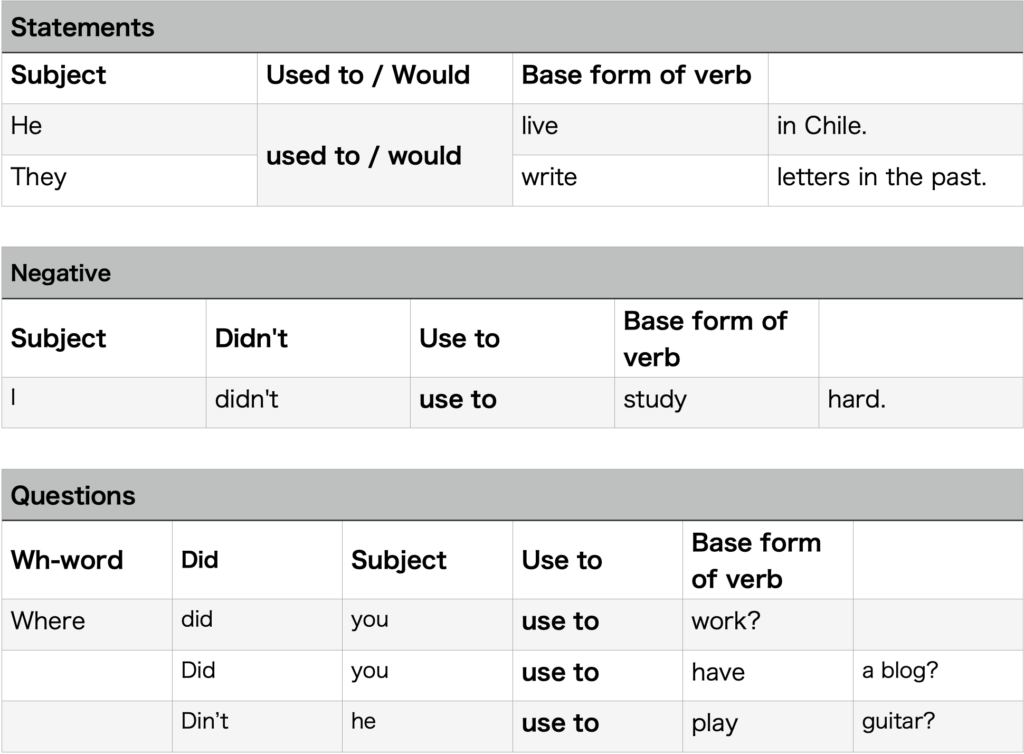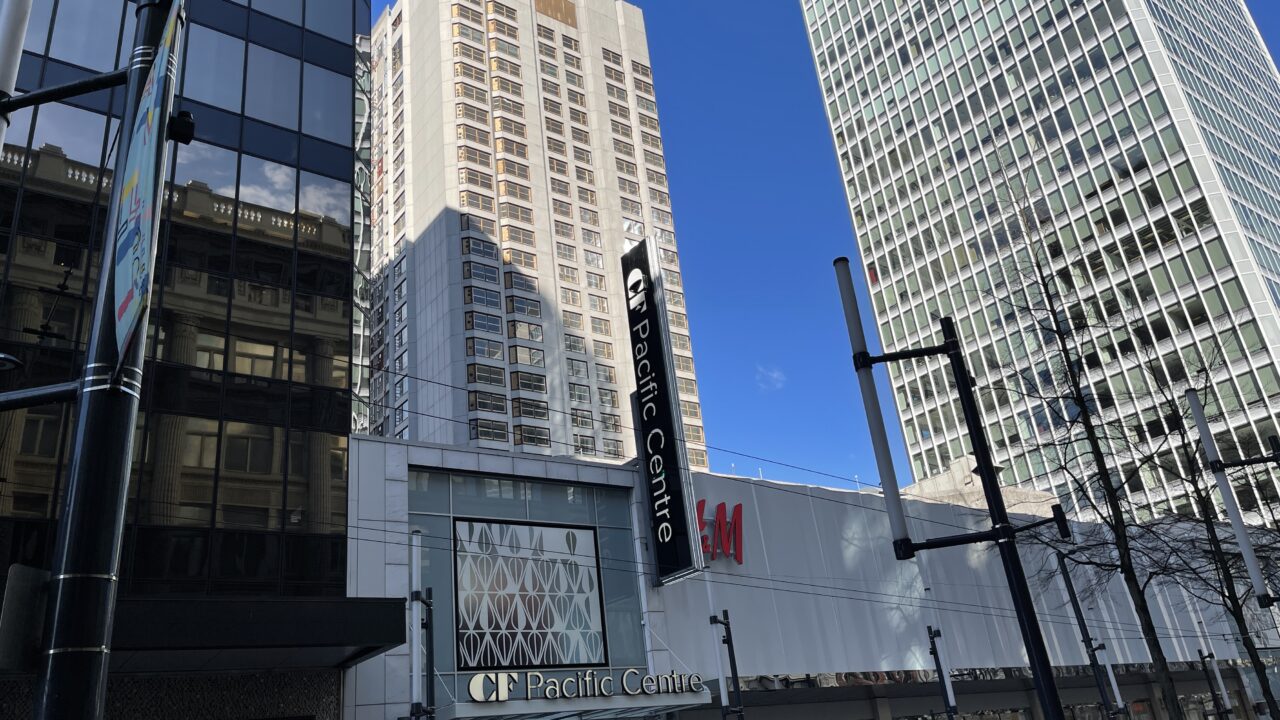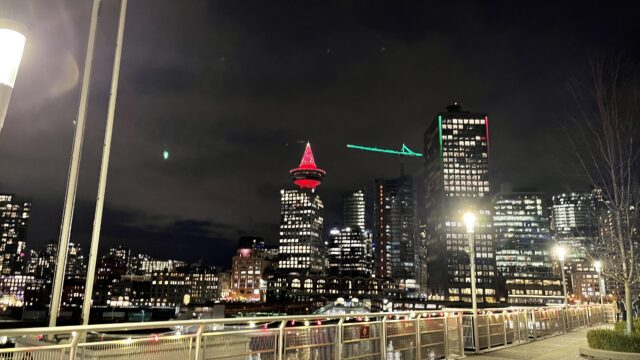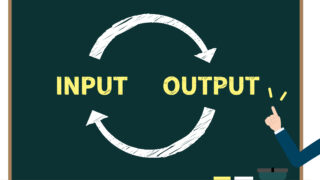こんにちは、こんばんは、おはようございます!
元不登校中学校卒業時英語の成績2だった英語の先生Kazumaです。
今日は、【留学先生日記】#22 以前は~したものだ 〜に慣れている used to / wouldについて説明します。
高校生で習う文法ですが、そんなに使うものではありません。
高校生で習うものって日常ではあまり使いませんよねwww
そんな引きこもりの元もども部屋お兄さんが何となく説明していくので最後まで読んでいただけると嬉しいです。
私は、日本語が母国語で現在カナダのバンクーバーで語学留学をしています。
大学生の頃、ブルガリアに2ヶ月間いたので、少しだけブルガリア語ができます。
最近、身近な人の母国語がタガログ語、マンダリン、ポルトガル語だったりするのでブルガリア語のように緩く勉強はじめました。
そんな私が異なる言語を使う際に”今話している単語の品詞は名詞でその後に動詞を過去形にして”とか考えたことがありません。
だから私は単語、表現、文法をイメージで覚えます。
みなさん母国語ってそうやって習得しています。新しい言語を勉強して習得するにあたって、単語や文章のイメージができることがとても大切です。
かんたんに説明をすると、”英語を英語で学び、英語で理解すること”です。
以前は~したものだ 〜に慣れている used to / would
Use used to or would for past habits or situations that don’t happen or are not true anymore.

Notes
• Use used to (not would) with past situations: He used to live in Chile.
• Do not use would unless it follows a clear reference to past time:
When I was a child, I would play a lot of video games.
• In negative statements, never used to is more common than didn’t use to:
I never used to study hard.
• Do not use would with questions.
• In questions, the simple past is more common than did use to:
Did you have a blog then?
以上が英語での説明です。ちょっと訳わからないところありますよねwww
自分も高校生の頃に意味わからないって思ってました!
(肯定文) He used to live in Chile.
(否定文) He didn’t use to live in Chile.
(疑問文) Did he use to live in Chile?
明確な時期を示すときはwouldが使える
否定文と疑問文ではwouldは使えない
馴染みのない文法なので、私も再確認したことがほとんどでした。
特に否定文と疑問文で使えないものがあるのは完全に抜けていました。
過去にしていた習慣などを説明するときに使えるものですよね。
どの文法もルールさえ覚えてしまえばかんたんに攻略できます。
Practice
Compete the sentences. Use used to, would, or the simple present and the verbs in parentheses. Write used to / would if both are possible.
1. People (have) smart phones. Now everyone (have) one.
2. In the past, friends (write) letters. Now they (send) texts.
3. Everyone (have) cell phones these dat. But remember when people (have) a phone on the wall?
4. My mother (shop) in stores. She (buy) everything online now.
5. My father (own) a typewriter. Now he (use) a computer.
6. My grandmother (not get on) social media. But she (use) it every day now!
Read each conversation. Complete the sentences with used to or would and the verbs in parentheses.
7. A: ( ) you ( ) work at CaB Design?
B: Yes, I did. I worked there for three years.
8. A: Remember when people (go) to the bank in person?
B: I know! Now it’s so easy to bank online.
9. A: How did you (stay in touch) with your friends in school?
B: We (call) each other. Now we only text.
10.A: Do you use social media?
B: I (post) on social media a lot, but I stopped.
11.A: Do you talk to your family in India?
B: We video chat a lot. But when I was young, we (not talk) so often.
12.A: I didn’t know your sister was a writer!
B: Yes. In college, she (write) for magazines. Today she writes a blog.
A.1. didn’t use to have, has
2. used to write, send
3. has, didn’t use to
4. used to shop, buys
5. used to own, uses
6. didn’t use to get on, uses
7. Did, use to work
8. used to go
9. use to stay in touch, used to call
10.used to post
11.didn’t use to talk
12.used to write (would)
まとめ
以前は~したものだ 〜に慣れている used to / wouldでした。
高校生でも習わない文法ですが、可能性を表すには必要な表現です。
使えるとスマートだと思われます。
たいした説明ができないポンコツが、ムダを省いてかんたんにまとめてみました。
エポスカードは、海外旅行保険が自動付帯のクレジットカード


















